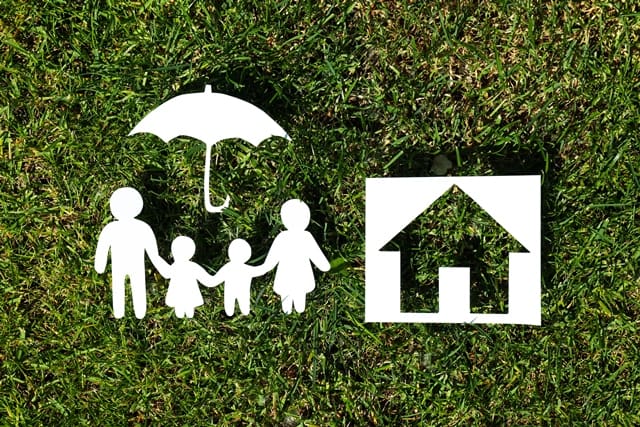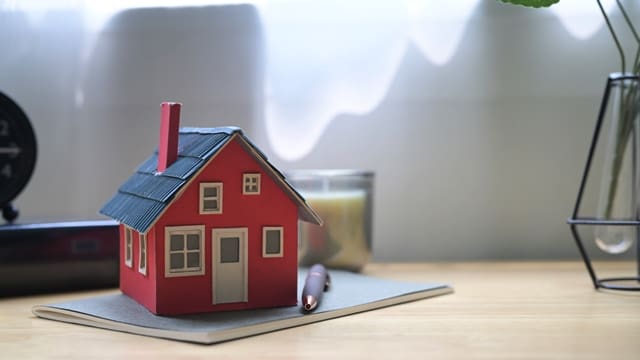Homeowners insurance is one of the most critical forms of protection you can secure for your property. As a homeowner, you face various risks, from natural disasters to theft, that can lead to financial hardship. With the right insurance policy, you can mitigate those risks and have peace of mind. Understanding homeowners insurance can be complex, but with the proper knowledge, you can ensure you have the coverage that best fits your needs. In this blog post, we will break down the essential aspects every homebuyer should understand before purchasing a policy.
What Does Homeowners Insurance Cover?
Homeowners insurance generally covers your dwelling, personal property, liability, and additional living expenses in case of a covered loss. The dwelling coverage protects the structure of your home, while personal property coverage secures your belongings. Liability insurance is crucial as it protects you from legal claims if someone gets injured on your property. Additional living expenses (ALE) help cover costs if you need to temporarily live elsewhere due to damage to your home. However, it’s important to know what is specifically covered in your policy, as some events like flooding or earthquakes may require separate coverage.
Types of Homeowners Insurance Policies

There are various types of homeowners insurance policies, and selecting the right one depends on your specific situation. The most common is the HO-3 policy, which offers broad coverage for most risks but may exclude specific perils like flooding. There are also HO-1 and HO-2 policies, which offer more limited coverage. For high-end homes, the HO-5 policy provides more comprehensive protection, covering personal property at its replacement cost rather than actual cash value. It’s essential to understand the different policy types to select one that aligns with your needs and risk tolerance.
Factors That Affect Homeowners Insurance Premiums
Several factors influence the cost of homeowners insurance premiums. Your location plays a major role, with homes in areas prone to natural disasters typically having higher premiums. The age and condition of your home can also impact rates, as older homes may have outdated electrical or plumbing systems that pose higher risks. Additionally, your credit score and claims history can affect your insurance costs. Installing safety features like smoke detectors, security systems, and storm-proofing measures can sometimes help lower your premium. Understanding these factors can help you make informed decisions about your coverage.
Common Homeowners Insurance Exclusions

Homeowners insurance policies often exclude certain perils, meaning you may need to purchase additional coverage to be fully protected. One of the most common exclusions is flooding, which requires a separate flood insurance policy. Earthquake damage is another peril that is often excluded from standard policies. Other exclusions may include intentional damage, wear and tear, and pest infestations. To avoid gaps in coverage, it’s important to thoroughly review your policy and discuss potential exclusions with your insurance agent. This step will ensure that you understand where additional coverage may be necessary.
How to Choose the Right Homeowners Insurance Policy
Choosing the right homeowners insurance policy requires careful consideration of your property’s value, the risks it faces, and your budget. Start by determining the amount of coverage you need for both your dwelling and personal belongings. Then, compare quotes from multiple insurance providers to find the best combination of coverage and affordability. It’s also essential to read the fine print and understand what is and isn’t covered. Consider working with an independent insurance agent who can offer unbiased advice and help you select the right policy. Taking these steps will help you find the best protection for your home.
#HomeInsurance #HomeProtection #HomeownersInsurance #InsuranceTips #RealEstate #InsuranceCoverage #HomeBuying #PersonalFinance

Richard has extensive experience in all aspects of buying and selling residential property. He has sold more than 400 homes and well over $100 million in residential real estate. There’s no need to guess. Get expert advice that will allow you to buy and sell with confidence and ease.
For neighborhood guides about Decatur and other intown neighborhoods, click here.
To learn more about the value of your home, please complete the form here.
If you are looking to purchase a home, please reach out here. We would love to help you have a wonderful buying experience.
You can always reach us through the Contact Us page here as well.
